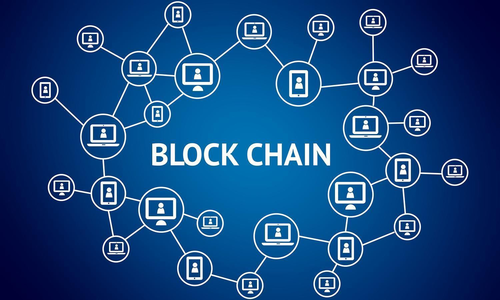- Flask-RESTful API + Mine + Distributed Ledger + Decentralize & Consensus
Wish to get familiar with the recently famous concepts of Blockchain and Distributed Ledgers?
Want to create your own sexy Cryptocurrencies similar to Bitcoins, Litecoins?
And even more details on how it works in python code?
This repo will provide you a brief and clear sample and appropriate comments to help understand.
Make sure you have Python 3 installed:
brew install python3
or update
brew update python
clone the repo to your local
git clone https://github.com/zhengyangca/FlaskBlockChain
then install required packages
pip install -r requirements.txt
Access the root directory and launch the Blockchain Web Services:
cd ~/path-to-your-local-repo
python FlaskBlockChain.py
http://localhost:5000/mine
Use Postman or cURL make a post with json values:
localhost:5000/transactions/new
with raw value:
{
"sender": "4bb926b6dca14df48a664f2e6fbd559e", // change
to your client ID.
"recipient": "someone else's address",
"amount": 5
}
localhost:5000/chain
try run the python client twice with different ports:
python FlaskBlockChain.py -p 5000
and in another Terminal
python FlaskBlockChain.py -p 5001
Now register the second to the first node:
post localhost:5000/nodes/register with value
{
"nodes" : ["http://localhost:5001"]
}
Then mine at port 5001 few more times and run resolve for the 5000 node
localhost:5000/nodes/resolve
You will found the chain was replaced by the Consensus Algorithm.
